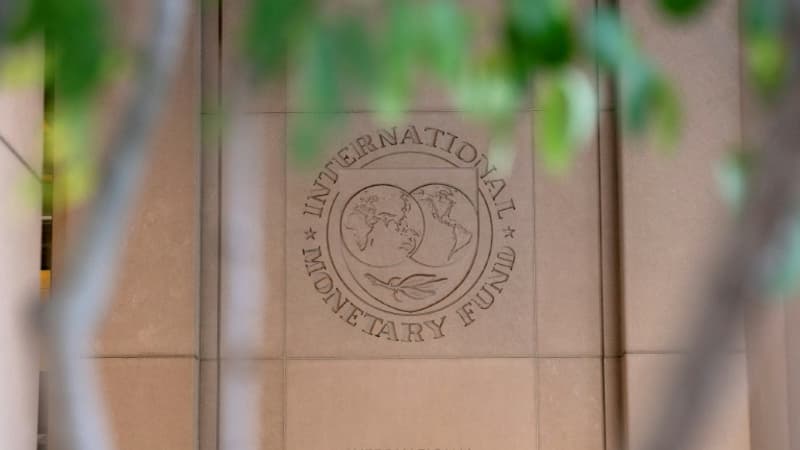A drastic increase in investments will be necessary to achieve carbon neutrality between now and 2050, the International Monetary Fund (IMF) estimated in a publication on Monday, which considers that the private sector will have to take care of 80% of the necessary financing in emerging countries to achieve it.
According to Chapter 3 of its annual report on global financial stability (GFSR), the full content of which will be published on the occasion of the annual meetings of the IMF and the World Bank (WB), which will begin on October 9 in Marrakech, “the sector “The private sector will have to make an important contribution to the climate investments needed in emerging and developing economies.”
Taking data recently published by the International Energy Agency (IEA), the Fund recalls that 2,000 million dollars of annual investments are necessary until 2030 to achieve the goal of zero emissions in 2050, although far from the 400,000 million invested annually planned for the next seven years so far.
However, states, especially emerging and developing ones, will not be able to cover these investment needs unless they increase their already high debt, between 45 and 50% on average: “this is not fiscally sustainable,” said Ruud. de Mooij, deputy director of the Fund’s budgetary affairs department, during an online press conference. “The good news is that 90% of the technologies we need to reduce emissions by 2030 already exist,” said Ruud de Mooij.
Increase the contribution of the private sector from 40 to 80%
But to achieve this, the private sector must double its contribution, which currently represents 40% of the investments made, until it reaches 80%, the report insists. However, if certain emerging countries, such as China or India, have a private sector with the necessary resources, the same does not happen in other countries, which implies creating the conditions to attract international investments, according to the IMF.
But these countries face difficulties, in particular “due to their rating, 40% of emerging countries are classified in the ‘investment’ category, which means that they are not part of the investment universe,” explained Fabio Natalucci, director attach. of the IMF. Furthermore, although the number of investment funds that prioritize sustainability has grown, this does not imply an increase in financing needs linked to global warming.
“Seule une petite part de ces fonds souhaite avoir un impact positif sur le climat, la grande majorité réalisent leurs investissements sur des critères sociaux, de gouvernance d’entreprise et environnementaux qui ne sont pas nécessaires en lien avec les défis climatiques”, pointe le relationship.
“In some cases they are not as ‘green’ as the label suggests. Therefore, it is important to ensure that these labels reflect how ‘green’ the investments of each of these funds are,” stressed Fabio Natalucci.
Source: BFM TV


